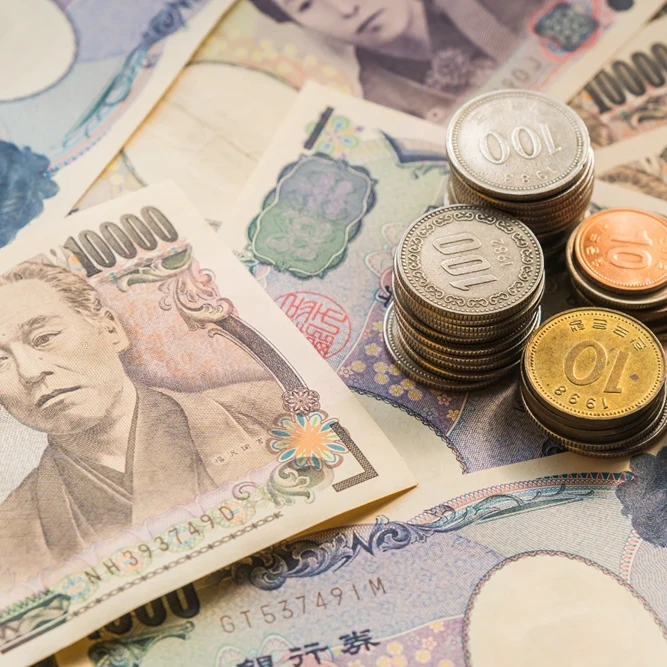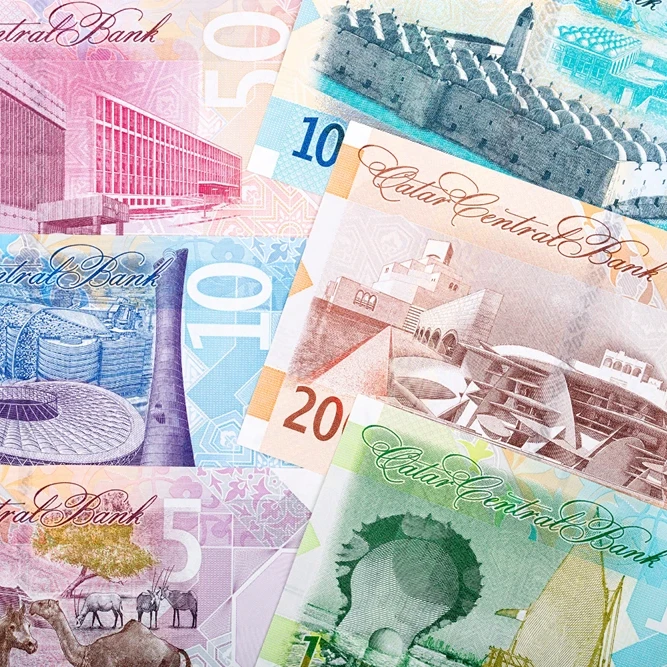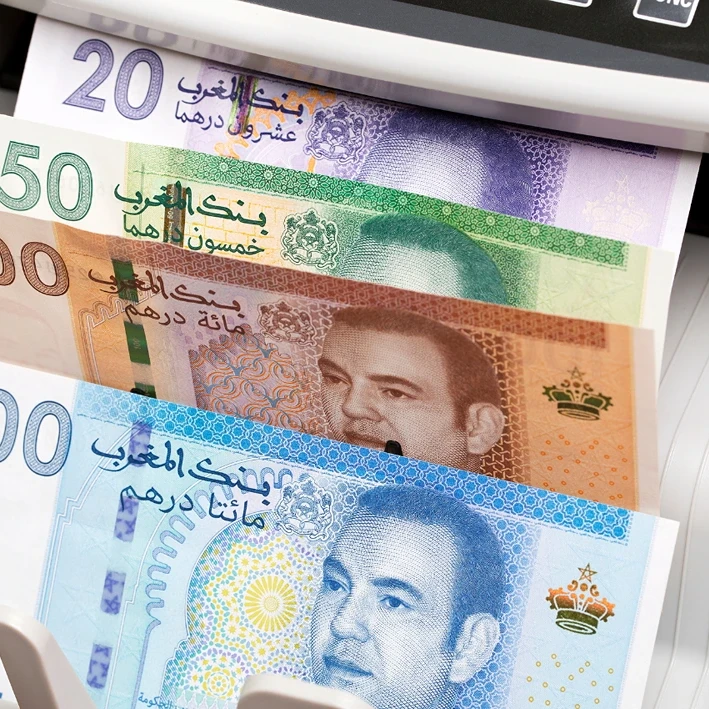How much will it actually cost you to live comfortably in Thailand? While stereotypes often paint Thailand as a dirt-cheap paradise, the reality of living expenses is more nuanced. From budget-friendly street food to upscale dining, and affordable local transport to more private options, the costs vary significantly depending on lifestyle choices. This article uncovers the truth about living costs in Thailand, breaking down everything from housing and utilities to daily living expenses, offering a comprehensive guide for anyone considering calling Thailand home.
Table of Contents
ToggleUnderstanding the Cost of Living in Thailand
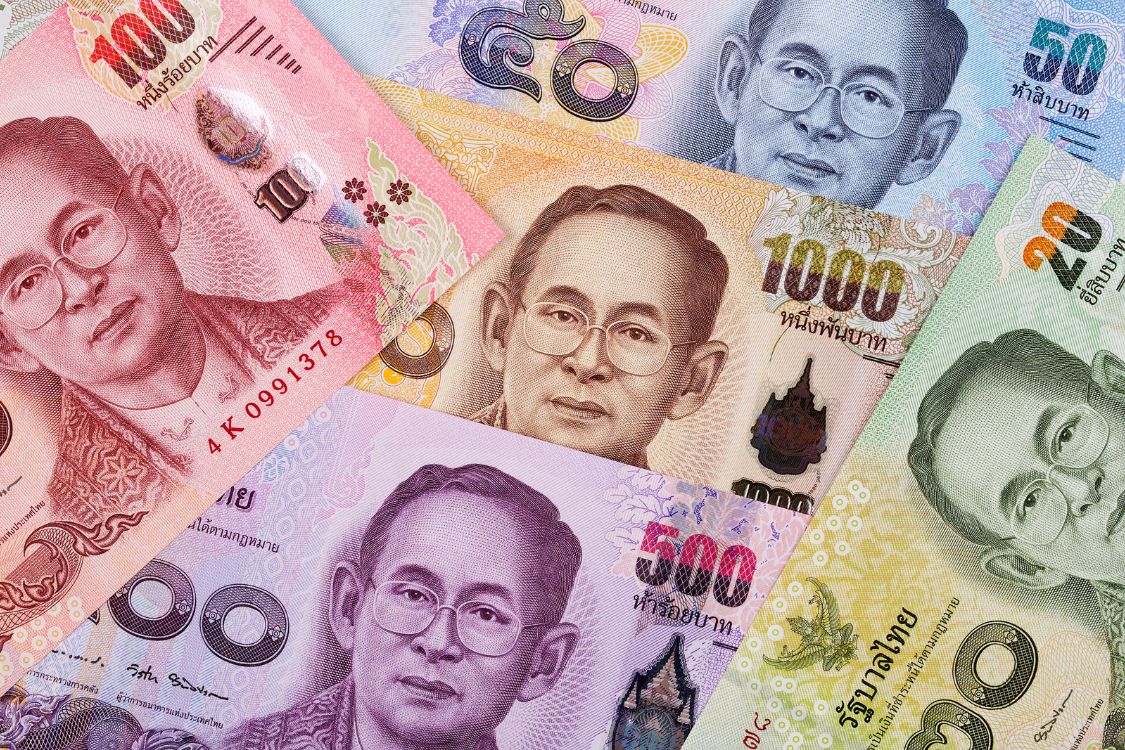
Accommodation in Thailand offers a wide range of options to suit different budgets and lifestyles. For those seeking economical choices, $2 per night bungalows provide a no-frills experience that appeals to the most budget-conscious travelers. In contrast, travelers or expatriates who prefer more comfort can opt for luxury villas, which can cost up to $100 per night. Mid-range accommodations are plentiful, with high-rise condos in Bangkok available at approximately $19 per night and apartments in Chiang Mai priced around $8 per night. These options allow for flexible living arrangements, whether residing in bustling urban areas or more serene locales.
Food and grocery expenses are another crucial component of living in Thailand. On average, monthly costs for food and groceries amount to about 20,000 THB. This includes a variety of dining options, from street food stalls offering traditional Thai dishes to grocery shopping for home-cooked meals. The affordability of Thai street food makes it a popular choice for many, providing quality meals at low prices, contributing to the overall cost-effectiveness of living in Thailand.
Utility and transportation costs complete the picture of monthly living expenses. Utility bills, comprising water and electricity, typically range between 1,800 to 2,000 THB per month, depending on usage. Transportation expenses are also manageable, with scooter rentals and taxi services totaling approximately 3,500 THB monthly. These costs reflect the general affordability of public and private transport options, enabling efficient and economical mobility throughout the country.
| Expense Type | Average Cost (THB) |
|---|---|
| Accommodation | 8,000 – 19,000 |
| Food | 20,000 |
| Utilities | 1,800 – 2,000 |
| Transportation | 3,500 |
Budgeting for Short-Term Travel in Thailand
Short-term travel in Thailand can be remarkably affordable, offering a range of experiences without breaking the bank. A recent 24-day trip to Thailand cost 47,888 THB, which averages to approximately 1,995 THB or $55 USD per day. This daily budget typically covers accommodation, meals, transportation, and some activities. Travelers can enjoy a comfortable stay by choosing budget accommodations, dining at local eateries, and opting for cost-effective entertainment options.
Food expenses in Thailand are particularly economical, thanks in large part to the availability of street food. Street vendors offer a variety of delicious meals for just a few dollars, allowing travelers to savor authentic Thai cuisine without spending excessively. Dishes like pad thai, som tam, and mango sticky rice are not only tasty but also incredibly affordable, making them a staple for budget-conscious visitors.
Transportation in Thailand is similarly wallet-friendly. Public options such as the metro and BTS sky train in Bangkok offer fares ranging from 16 to 42 baht ($0.50 to $1.25), making it easy to navigate the city inexpensively. For those exploring beyond Bangkok, buses, tuk-tuks, and songthaews provide a cost-effective means of travel, with longer distances covered at reasonable prices.
- Opt for street food and local markets for meals.
- Use public transportation whenever possible.
- Book accommodations in advance to secure lower rates.
- Take advantage of free attractions and activities.
- Travel during the off-peak season for better deals.
By carefully managing daily expenses and making informed choices, travelers can enjoy substantial savings. Opting for street food and public transportation are straightforward ways to reduce costs. Additionally, planning trips during the off-peak season and booking accommodations in advance can lead to even greater financial benefits, ensuring a fulfilling yet budget-friendly trip to Thailand.
Planning for Entertainment and Activities Costs in Thailand
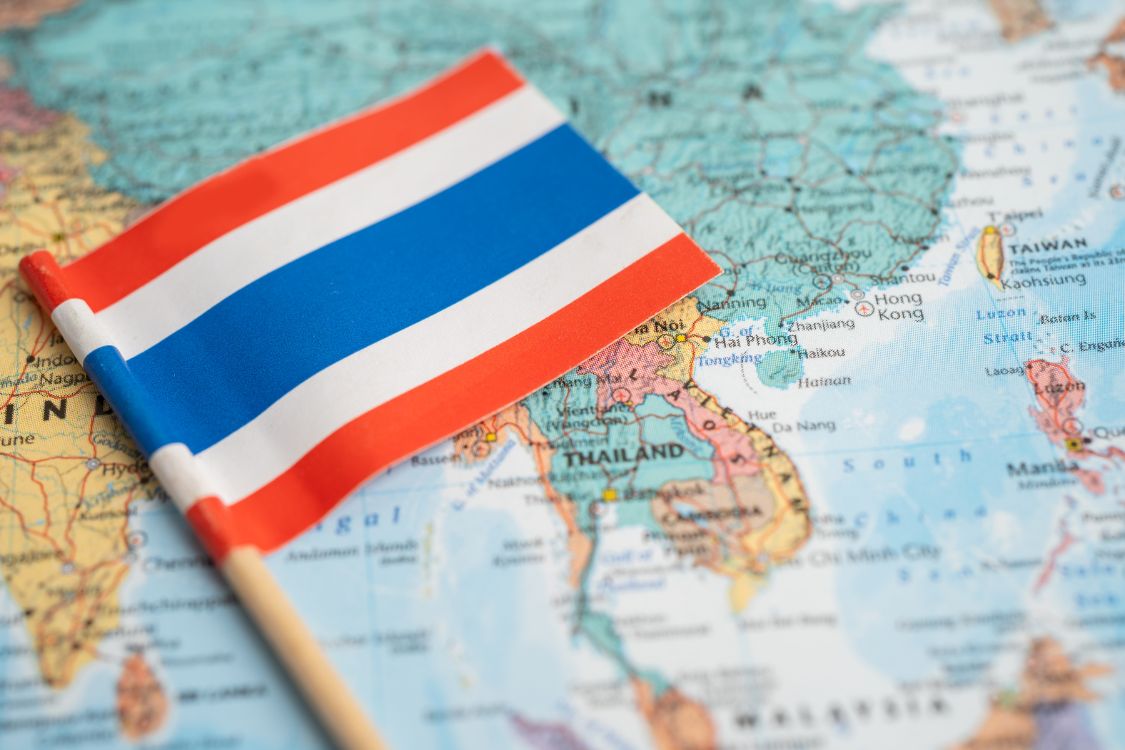
Thailand offers a plethora of free and low-cost activities that cater to budget travelers. On the islands, spending a day at the beach is not only a favored pastime but also a cost-free option. Beyond the coastline, visitors can explore local temples, bustling markets, and scenic hiking trails, all at little to no expense. Cultural festivals and street performances are common throughout the country, offering entertainment without a price tag. These experiences provide insight into Thai culture and heritage while keeping expenses minimal.
Nightlife and entertainment in Thailand can significantly impact the budget, with typical costs ranging from 8,000 to 10,000 THB monthly. Bangkok, in particular, boasts a vibrant nightlife scene with countless bars, clubs, and live music venues. While entrance fees and drinks can add up, many venues offer happy hour specials or free entry on certain nights, making it possible to enjoy the nightlife affordably. For those seeking less intense experiences, local cinema outings or small-scale live performances can be both enjoyable and economical.
Regional variations play a significant role in determining the costs of activities in Thailand. Major tourist hubs like Bangkok and Phuket often have higher prices for popular attractions and tours compared to less-visited areas. In rural regions and smaller towns, activities such as guided nature walks or visits to artisan villages tend to be more reasonably priced. This disparity allows travelers to tailor their itineraries according to their budgets, ensuring they can enjoy a wide range of experiences without overspending.
- Beach Relaxation: Free
- Temple Visits: Free to 100 THB
- Street Food Tours: 300 to 500 THB
- Muay Thai Matches: 1,000 to 2,000 THB
Saving Money on Transportation Within Thailand
Thailand’s transport network offers a range of economical options for travelers looking to explore the country without overspending. In Bangkok, public transportation is particularly budget-friendly, with fares on the metro and BTS sky train ranging from 16 to 42 baht ($0.50 to $1.25). Beyond the capital, travelers can utilize an array of traditional transport methods including tuk-tuks, songthaews, longtail boats, and moto-taxis. Each option provides a unique experience, with costs varying based on distance and negotiation skills. Tuk-tuks and moto-taxis, while slightly more expensive than public transport, offer convenient and quick travel in congested areas. Songthaews, essentially shared pickup trucks, provide an economical way to travel short distances, especially in rural locations. Longtail boats are a scenic and affordable choice for island hopping or traversing waterways.
- Choose public transportation when available for the lowest fares.
- Negotiate prices with tuk-tuk and moto-taxi drivers before starting the journey.
- Opt for shared transportation options like songthaews to split costs with other travelers.
The benefits of using public transportation extend beyond cost savings. It provides a more sustainable and environmentally friendly way to travel, reducing the carbon footprint. Additionally, using public transport allows travelers to engage more closely with local communities, offering a genuine glimpse into daily life in Thailand. Whether navigating the bustling streets of Bangkok or exploring serene coastal towns, budget-conscious travelers can rely on Thailand’s diverse transport network to move efficiently and economically.
Financial Planning Tips for Expats Living in Thailand
The overall monthly cost of living in Thailand for expats typically ranges from 65,000 to 67,000 THB. This budget encompasses accommodation, food, utilities, and general lifestyle expenses. Housing can vary significantly based on location and type, with urban areas like Bangkok generally commanding higher prices. Expats often find that local markets and street vendors provide affordable food options, contributing to a manageable grocery bill. Utilities, such as electricity and water, are reasonably priced, allowing for comfortable living without excessive financial strain. By selecting cost-effective services and being mindful of consumption, expats can maintain an affordable yet comfortable lifestyle in Thailand.
Visa and insurance costs are vital components of financial planning for expats. Visa expenses are estimated at around 1,000 THB per month, depending on the visa type and the need for periodic extensions. It’s crucial for expats to stay informed about visa requirements and potential changes in regulations to avoid unexpected costs. Travel insurance, especially for digital nomads, is about 2,000 THB monthly. This insurance provides coverage for medical emergencies and travel disruptions, offering peace of mind while residing in a foreign country. Choosing comprehensive insurance plans that align with personal needs can prevent costly out-of-pocket expenses in the event of unforeseen circumstances.
Expats can take advantage of several opportunities to save money while living in Thailand. Sharing accommodations or utilities with a roommate can significantly reduce monthly expenses. Additionally, utilizing public transportation rather than owning a vehicle can lower transportation costs substantially. Engaging in local activities and exploring free attractions are also effective ways to enjoy the cultural richness of Thailand without overspending. By adopting a strategic approach to spending and leveraging local resources, expats can optimize their financial planning and enjoy a fulfilling life in Thailand.
| Expense Type | Monthly Cost (THB) |
|---|---|
| Living Expenses | 65,000 – 67,000 |
| Visa | 1,000 |
| Insurance | 2,000 |
Strategic Tips for Cost-Effective Travel in Thailand
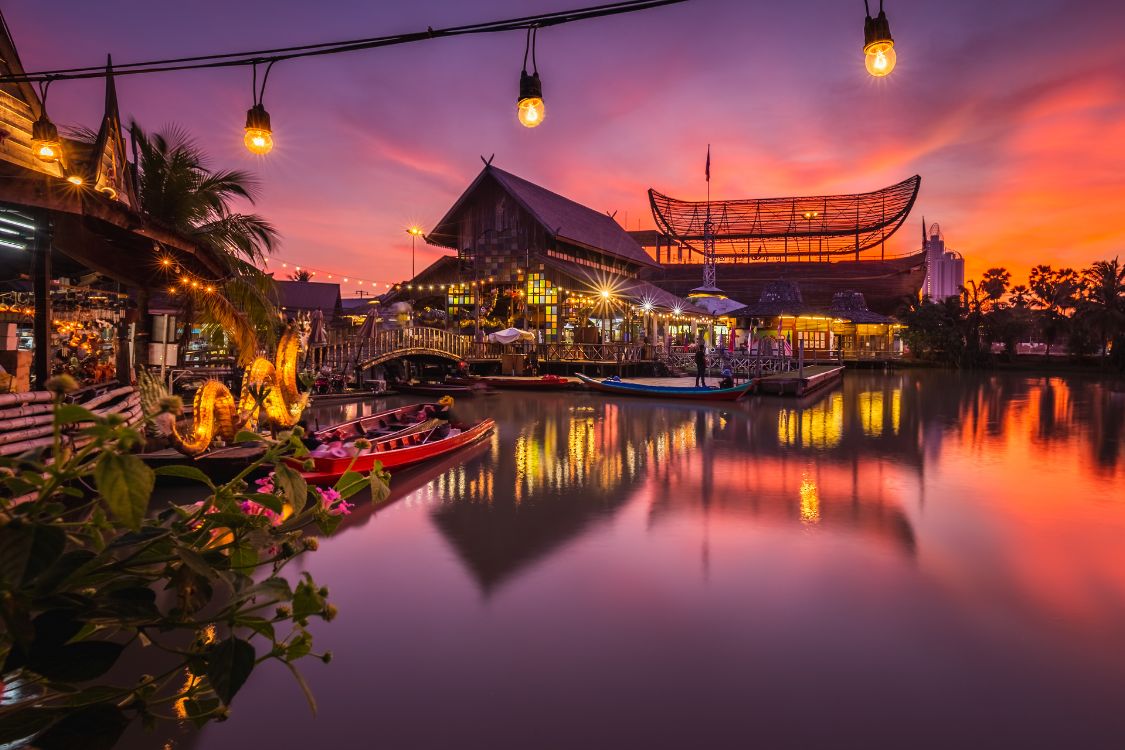
Budgeting is crucial when planning a trip to Thailand, as the country offers a range of experiences that can quickly add up if spending is not monitored. While Thailand is known for its affordability, expenses can increase unexpectedly, especially in popular tourist areas. Travelers should plan their budgets to include accommodation, food, transportation, and activities. By keeping track of daily expenses and setting limits on spending categories, visitors can enjoy a memorable trip without financial stress. It’s important to factor in potential costs for excursions or special activities to prevent surprises and ensure a balanced budget.
- Book flights and accommodations well in advance for the best deals.
- Use public transportation instead of taxis to save money.
- Seek out street food and local markets for affordable meals.
- Visit free attractions, such as temples and beaches, to reduce activity costs.
- Travel during the off-peak season for reduced prices on services.
- Consider group tours to split costs with other travelers.
Adhering to a budget not only helps in managing finances but also enhances the travel experience by eliminating the worry of overspending. By following strategic tips and making informed choices, travelers can maximize their enjoyment of Thailand’s rich culture and diverse offerings without overshooting their budget. A well-planned budget allows for flexibility and freedom, ensuring that travelers take full advantage of the cost-effective travel opportunities Thailand provides.
Final Words
Understanding the money and costs for Thailand unveils a spectrum of possibilities for both expatriates and travelers alike. Whether long-term planning or short-term ventures, Thailand offers diverse living and travel avenues. Accommodation, food, utilities, and transportation each present a unique range of options suitable for varied budgets.
By prioritizing financial planning, leveraging economical transportation, and exploring budget-friendly entertainment, one can truly enjoy all that Thailand offers without financial strain. Thailand’s cost-effective living, combined with strategic planning, creates a rewarding experience. Rest assured, embracing these insights can enhance your journey in this vibrant country.
FAQ
Q: How much money is needed for a 7-day trip to Thailand?
A: A 7-day trip to Thailand typically costs around $385 USD, or about 13,965 THB, when considering daily expenses such as food, accommodation, and transportation.
Q: Is $100 U.S. a lot in Thailand?
A: In Thailand, $100 USD is a moderate amount. It covers daily basic expenses including meals and transportation, but could require budgeting for extra activities or upscale dining.
Q: How much does food cost per day in Thailand?
A: Daily food costs in Thailand are affordable, averaging $5 to $10 USD for street or local restaurant meals, making dining budget-friendly.
Q: Is $500 enough for a week in Thailand?
A: $500 USD can cover a week in Thailand, including accommodation, meals, and basic sightseeing, but may require careful spending to include premium activities or dining.
Q: How much money should be taken for a 2-week stay in Thailand?
A: For a 2-week stay in Thailand, budgeting about $770 USD (27,930 THB) ensures coverage of accommodation, food, local transport, and basic activities.
Q: What is the approximate cost for a 3-week trip to Thailand?
A: A 3-week trip to Thailand generally costs approximately $1,155 USD (41,895 THB), accommodating most travel needs including lodging, meals, and transport.
Q: How are Thailand travel costs from India estimated?
A: Thailand travel from India may vary but typically includes flight expenses, visa fees, and daily expenditures, costing around 60,000 INR ($722 USD) for a complete trip.
Hazel Wall is a passionate traveler, writer, and explorer dedicated to sharing her experiences and insights with fellow adventurers. With a background in journalism and a deep love for discovering new cultures, Hazel has journeyed across continents, immersing herself in diverse landscapes and traditions.



